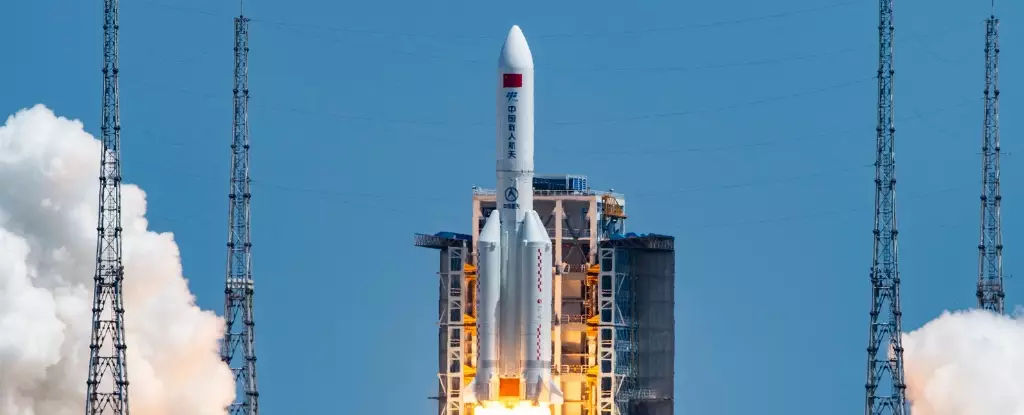Recently, a Chinese state-backed company made headlines with the launch of its first 18 satellites as part of an ambitious plan to create a vast orbital network to rival Starlink. The company, Shanghai Spacecom Satellite Technology, aims to build a 15,000-strong network of Low Earth Orbit satellites, known as the “Thousand Sails Constellation.” This project has been dubbed the Chinese version of Starlink, which currently operates around 6,000 satellites.
The Thousand Sails Constellation, also known as the G60 project, is just one of three planned major satellite networks in China. These networks are expected to field 10,000 or more satellites each, with most orbiting between 200 and 1,200 miles above Earth’s surface. This is in line with the orbit of Starlink satellites, which are similarly positioned.
The recent push from the central Chinese government to involve the private sector in space and technology goals has led to the development of these ambitious satellite projects. Shanghai Spacecom Satellite Technology is backed by the Shanghai municipal government and has also raised funds from private investors and state-owned enterprises for the Thousand Sails Constellation. The other two constellations, the Guowang National Network and the Crane-3 constellation, are expected to bring an additional 23,000 Chinese satellites into orbit to provide internet services.
The China Securities Journal estimated that the country’s space industry is expected to be worth $321 billion by 2024. This growth is reflected in the surge of commercial aerospace stocks following the launch of the 18 satellites by Shanghai Spacecom Satellite Technology. The Shenzhen stock exchange saw stock prices reach their maximum daily price increases, highlighting the excitement and potential of the burgeoning space industry in China.
China’s foray into the satellite industry with the launch of the Thousand Sails Constellation and other major satellite networks signifies a new frontier in space exploration and technology development. With government support, private investment, and ambitious goals, the Chinese space industry is poised for significant growth in the coming years. As the country continues to expand its reach in space, it will be interesting to see how these developments impact the global space race and shape the future of satellite technology.


Leave a Reply